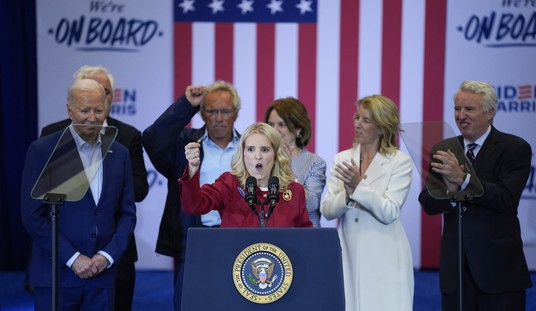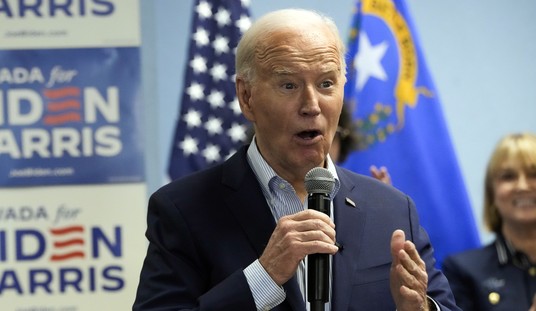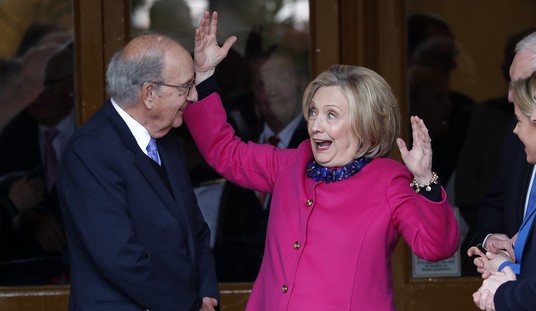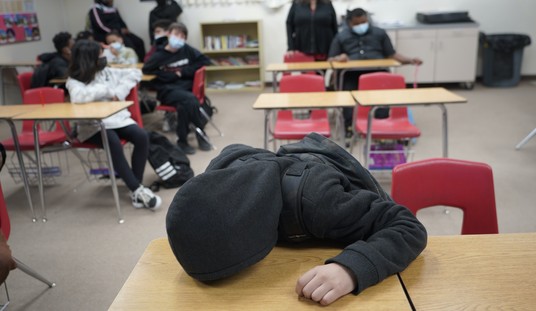When former Russian spy Sergei Skripal and his daughter, Yulia, were discovered collapsed on a park bench following a March shopping trip in Salisbury, a town roughly 90 miles outside London, intense speculation began as to what exactly the 66-year-old British spy was exposed to that landed him and his daughter in intensive care.
On Monday, British Prime Minister Theresa May offered an answer, calling it “highly likely” that Russia was responsible for the attack on Skripal and his daughter using a nerve agent they are known to have developed. She also issued what sounded not unlike an ultimatum to the Russian ambassador to determine if the poisoning “was a direct act by the Russian state against our country…or [if] the Russian government lost control of this potentially catastrophically damaging nerve agent and allowed it to get into the hands of others.”
Former Russian spy & his daughter poisoned in Salisbury by "military grade nerve agent of a type developed by Russia" – UK PM Theresa May https://t.co/U4h0vZpow5 pic.twitter.com/cDHz6f2wHP
— BBC Breaking News (@BBCBreaking) March 12, 2018
May further warned, to the obvious auditory approval of several members of Parliament seated behind her, that Britain will not tolerate such a “brazen attempt to murder innocent civilians on our soil”.
In a statement to the House of Commons after chairing a meeting of the national security council, the prime minister said the evidence had shown that Skripal had been targeted by a “military-grade nerve agent of a type developed by Russia”. She said the substance was from a group known as Novichok.
“Based on the positive identification of this chemical agent by world-leading experts at Porton Down, our knowledge that Russia has previously produced this agent and would still be capable of doing so, Russia’s record of conducting state-sponsored assassinations, and our assessment that Russia views some defectors as legitimate targets for assassinations, the government has concluded that it is highly likely that Russia was responsible for the act against Sergei and Yulia Skripal,” she said.
Skripal, who was convicted in Moscow of passing state secrets to Britain, is assumed to have been recruited by MI6 in the 90s and subsequently to have unmasked the identities of dozens of European-based Russian agents. He spent several years in prison and was released with other detainees as part of a prisoner exchange for Russian agents who had been found living in the U.S.
Their release was in exchange for ten deep-cover Russian operatives living in America, who made up a infamous spy ring the U.S. Department of Justice called the “Illegals Program.”
The so-called illegals were found to be working for Russia’s foreign intelligence services while embedded in normal American society. Nearly all the deep-cover agents lived in the suburbs, worked white-collar jobs, supported American sports teams, went by Anglicized names. Some went on to have children. The most high-profile of the group was scarlet-haired New York socialite Anna Chapman, a diplomat’s daughter formerly known as Anna Kuschenko, who once worked at Barclay’s Bank and gained a British passport after marrying ex-husband Alex Chapman.
Hours after admitting to being foreign agents in a U.S. court, the group were flown to Vienna and were swapped with four former Russian prisoners, which included Skripal.
May has given Russia until the end of Tuesday to respond or she says she will be forced to conclude that the poisoning of Skripal and his daughter “amounts to an unlawful use of force by the Russia state against the United Kingdom.”
May says she will give Russia until end of tomorrow to respond to nerve agent attack against ex-Russian spy. "Should there be no credible response, we will conclude that this action amounts to an unlawful use of force by the Russia state against the United Kingdom." pic.twitter.com/9qzhJZYL1Q
— ABC News (@ABC) March 12, 2018
Russia has already called May’s claim and demand for information a “circus show,” according to the AP.
“The ministry spokeswoman, Maria Zakharova, said in remarks carried by Russian news agencies that the accusations against Russia represented ‘another information and political campaign based on a provocation.'”













Join the conversation as a VIP Member